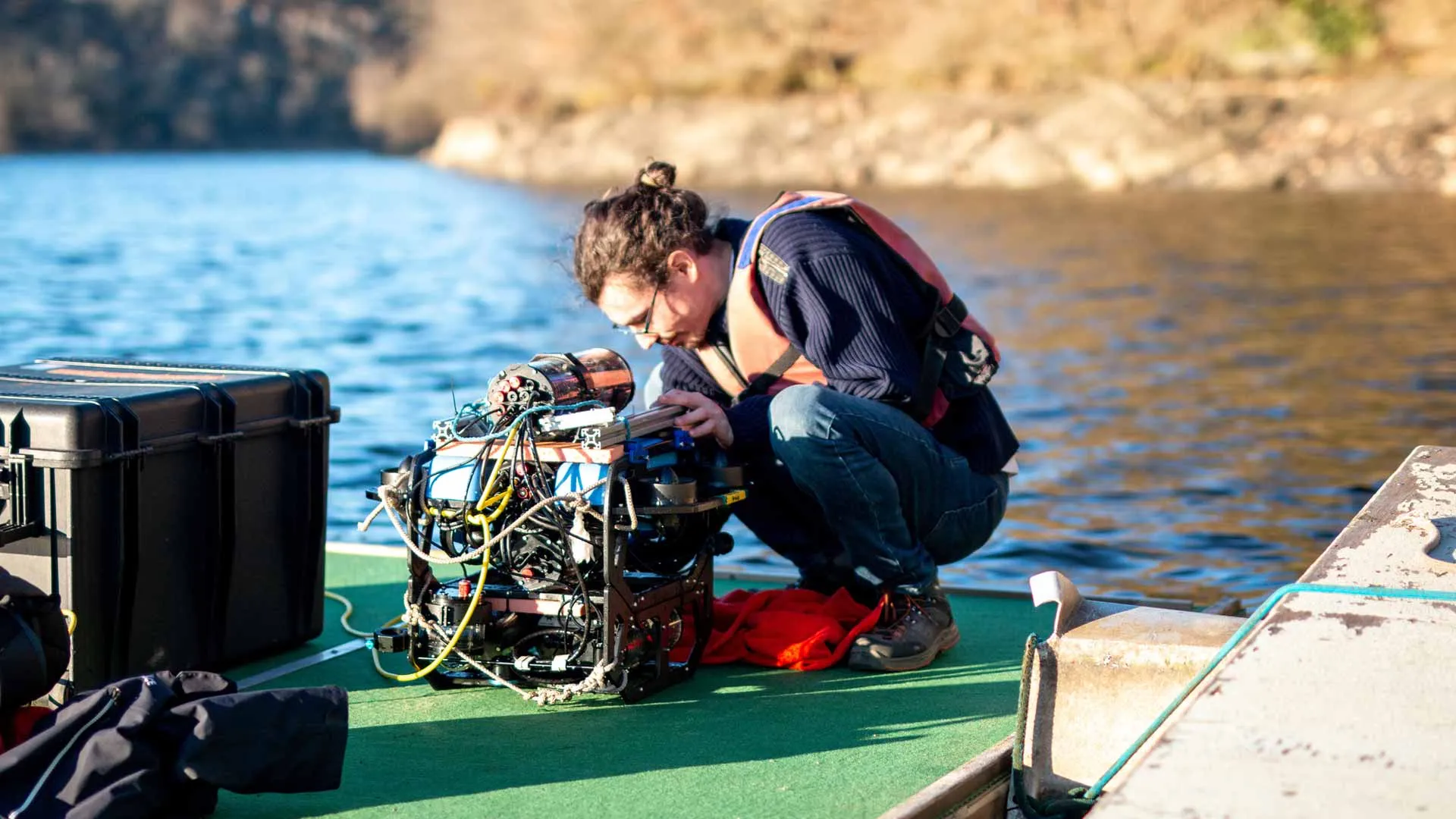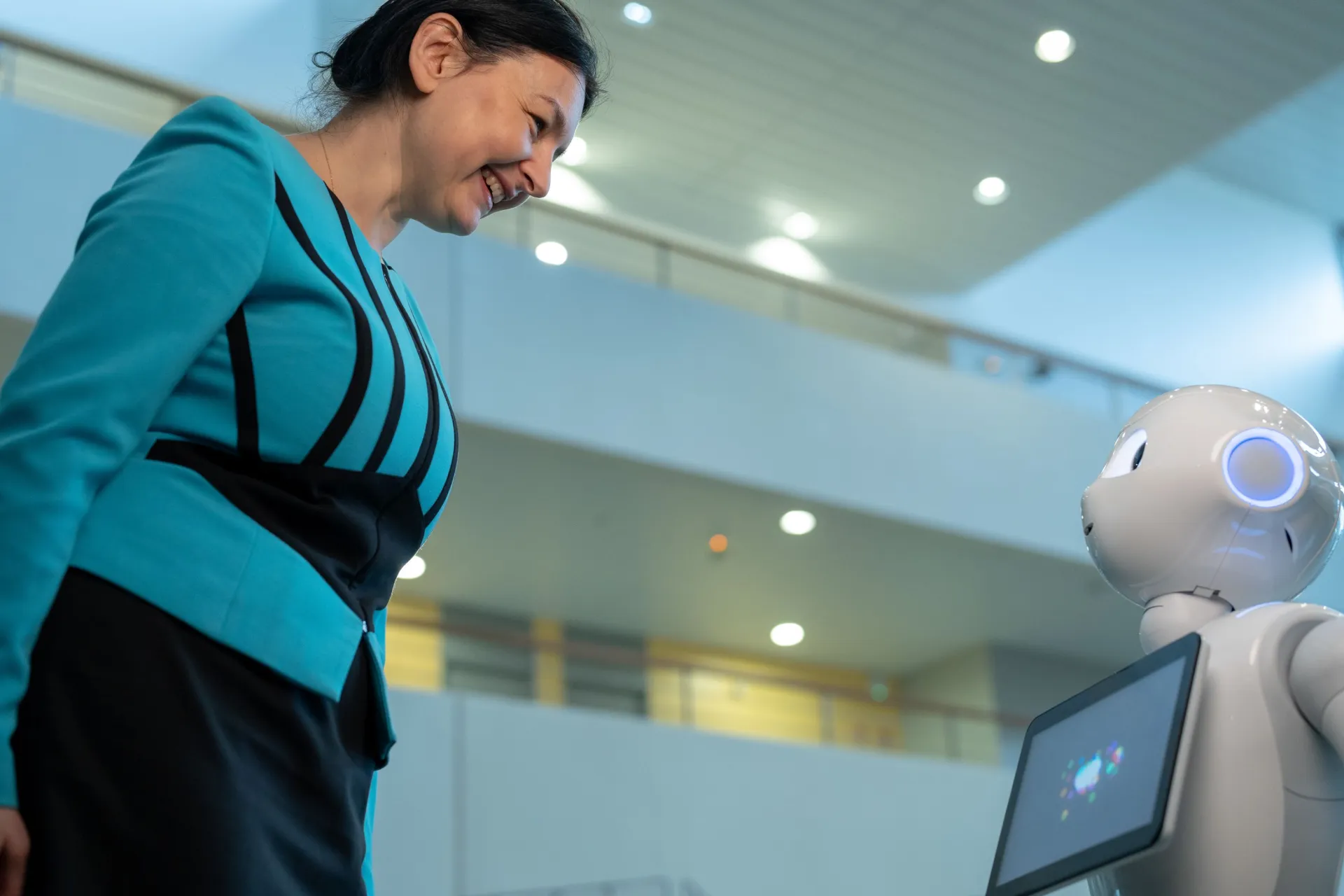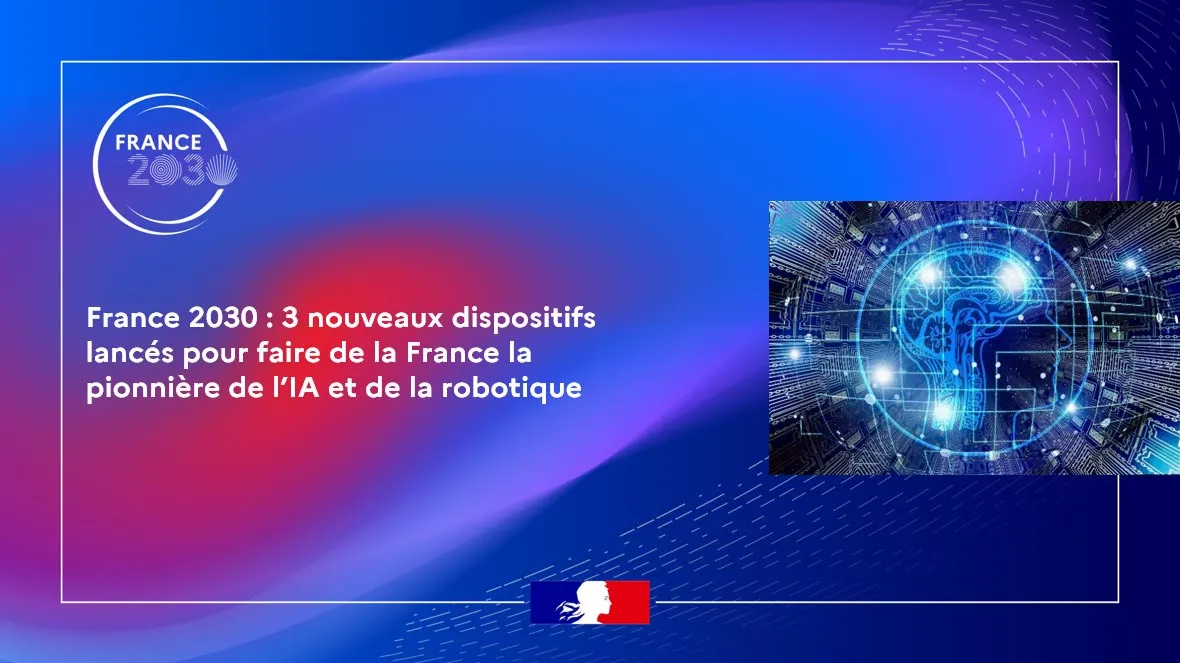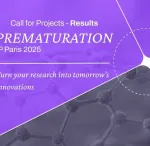 Happy New Year 2026
Happy New Year 2026
The entire ENSTA community wishes you all the best for 2026!
At the VivaTech trade show in mid-June, the French government announced the launch of the Robotics Acceleration Research Program, in which two ENSTA laboratories (Lab-STICCand U2IS ) will play an active role.

Led by the CNRS as part of France 2030, the €30 million Robotics Acceleration Research Program aims to structure fundamental research in order to remove the scientific and technical barriers to intelligent robotics.
By mobilizing research players around cross-disciplinary issues, this program will facilitate convergence between artificial intelligence and robotics. The program will address issues such as control, locomotion, perception, adaptation and frugality.
ENSTA's laboratories, Lab-STICC in Brest and U2IS in Paris-Saclay, will be involved, with their partners, in several of the targeted projects making up the Robotics Acceleration Research Program. In particular, ENSTA will be co-coordinator of one of these projects on safe, cooperative perception in open environments. These projects are directly in line with the themes developed within ENSTA's robotics platform.

The research carried out under this program will enable French research to position itself on critical technological bricks, with the aim of developing advanced prototypes and solutions that can be transferred to industry. The program includes funding for theses, post-doctorates and research engineer positions; training; strengthening exchanges with industry on the one hand, and with partners in Europe on the other; and leading a unified AI and Robotics community.

 Happy New Year 2026
Happy New Year 2026
The entire ENSTA community wishes you all the best for 2026!

The sixth edition of the Institut Polytechnique de Paris Prématuration call for projects has selected three projects led by ENSTA researchers.
The sixth edition of the Institut Polytechnique de Paris Prématuration call for projects has selected three projects led by ENSTA researchers.

Tested since September 2025 on the Paris-Saclay campus, menstrual leave is now a right that is gradually being extended to female students on both campuses. This is a major step forward for young women, placing ENSTA among the pioneers of engineering...
Tested since September 2025 on the Paris-Saclay campus, menstrual leave is now a right that is gradually being extended to female students on both campuses. This is a major step forward for young women, placing ENSTA among the pioneers of engineering...
Nous avons développé ce site internet dans le cadre d’une démarche forte d’écoconception.
Si vous aussi, vous souhaitez diminuer drastiquement les besoins énergétiques nécessaires à votre navigation, vous pouvez le parcourir dans son Mode Eco. Celui-ci sollicitera très peu nos serveurs et vous deviendrez ainsi un acteur majeur de l’écoconception.
Merci pour votre contribution !